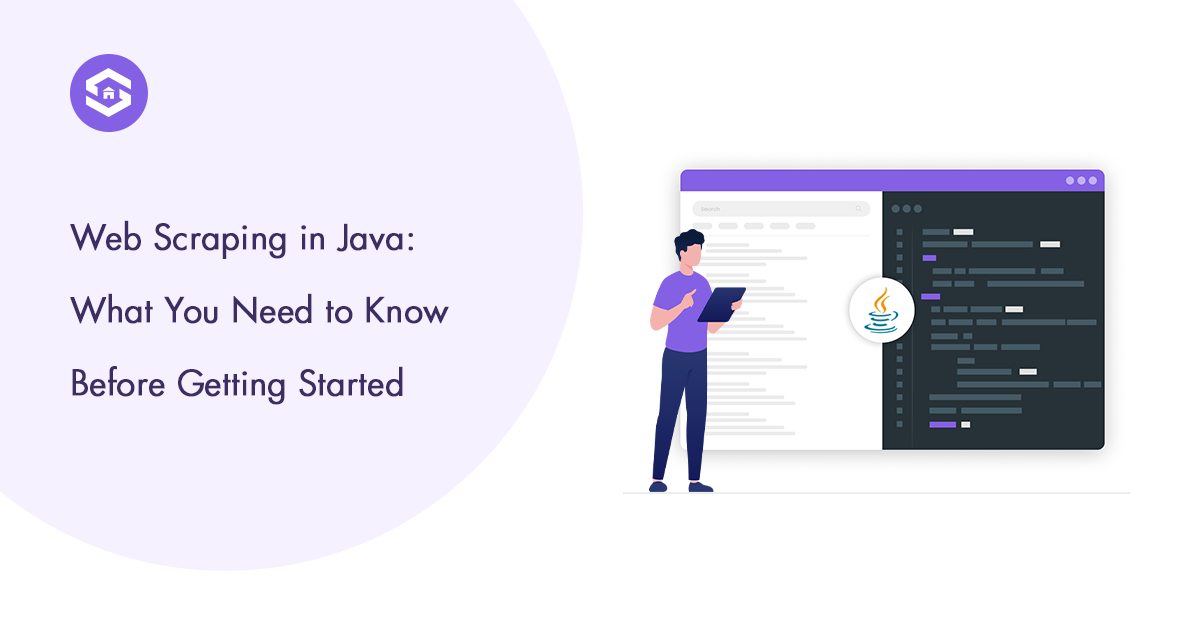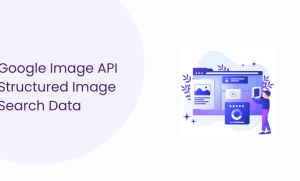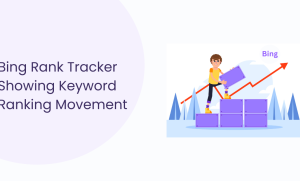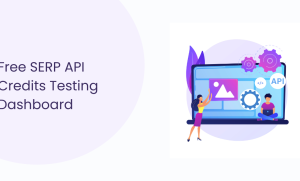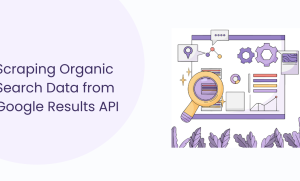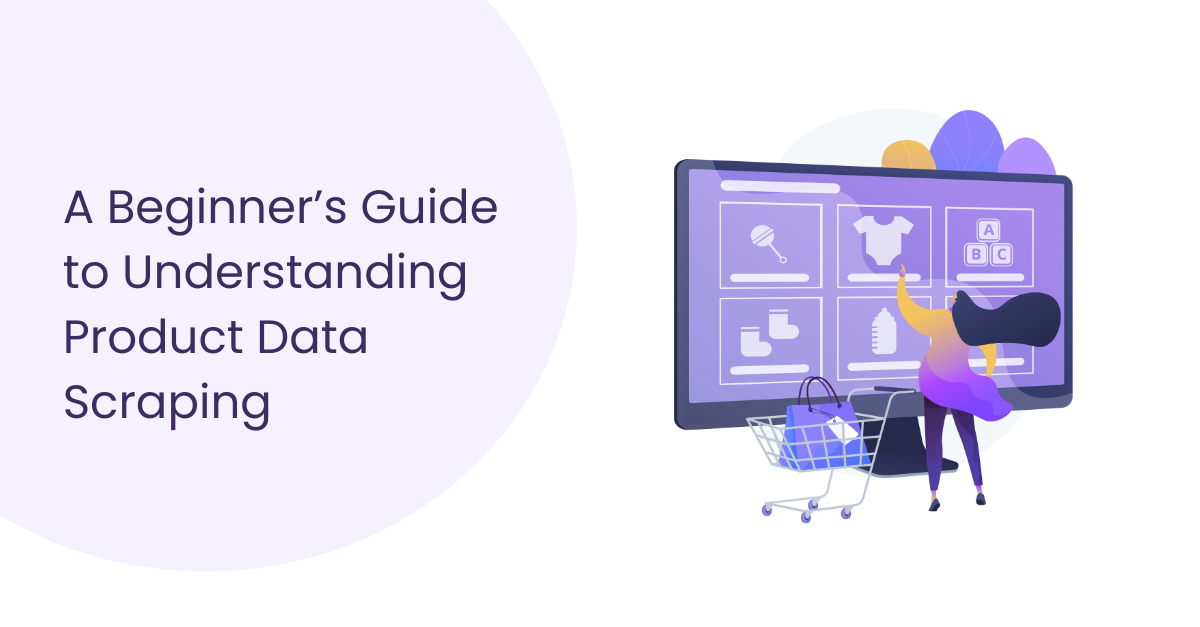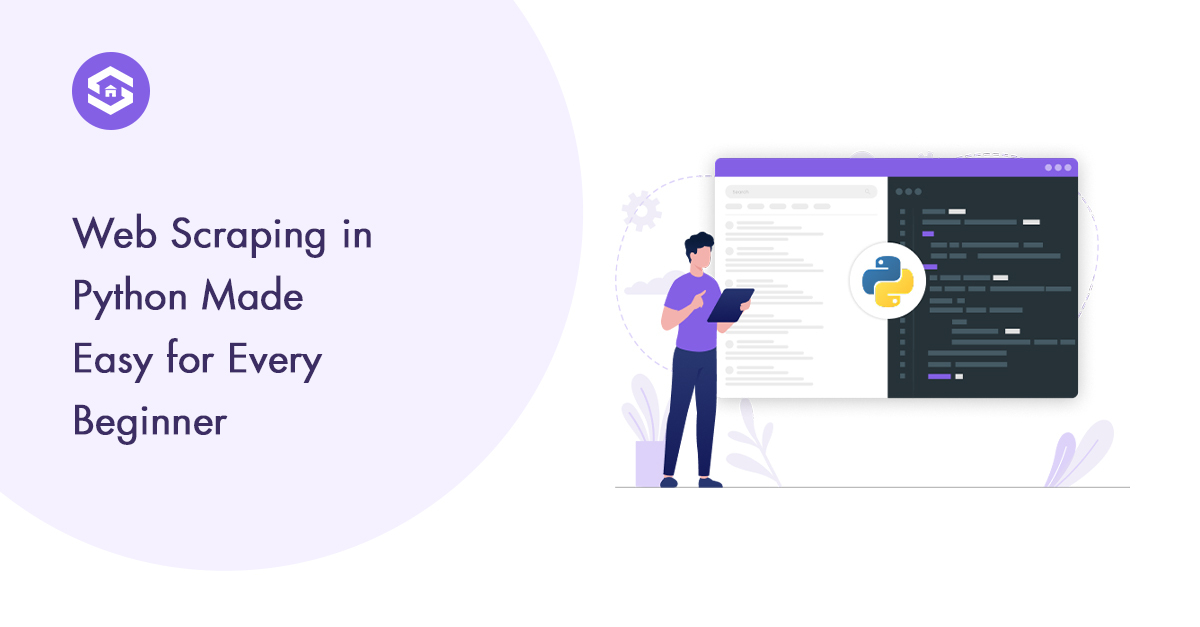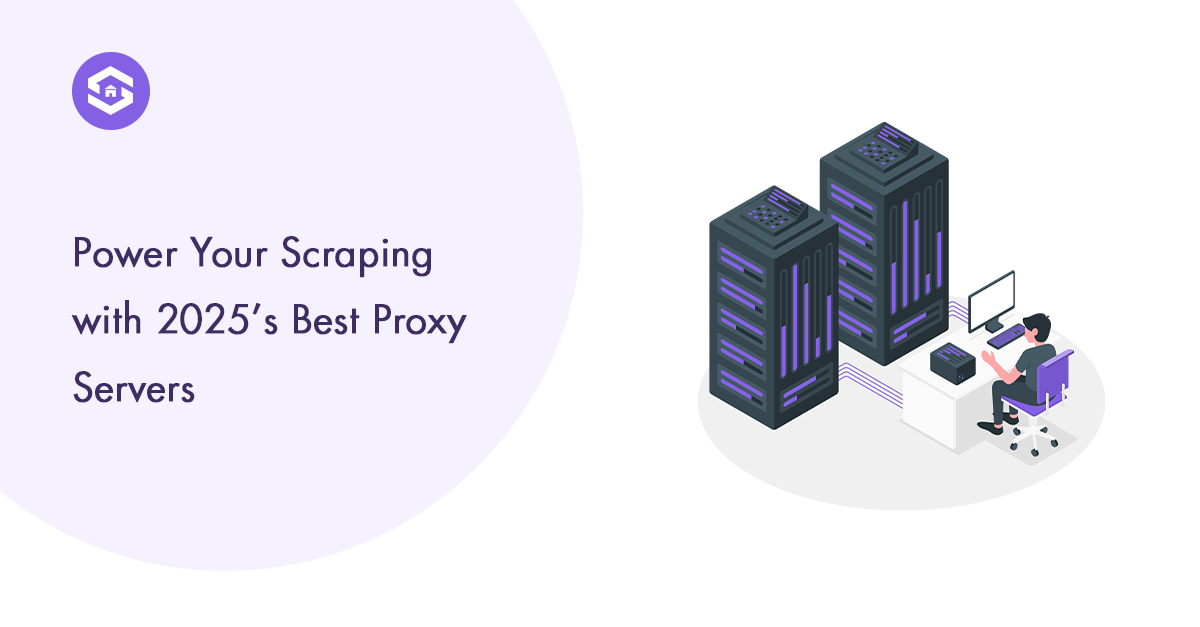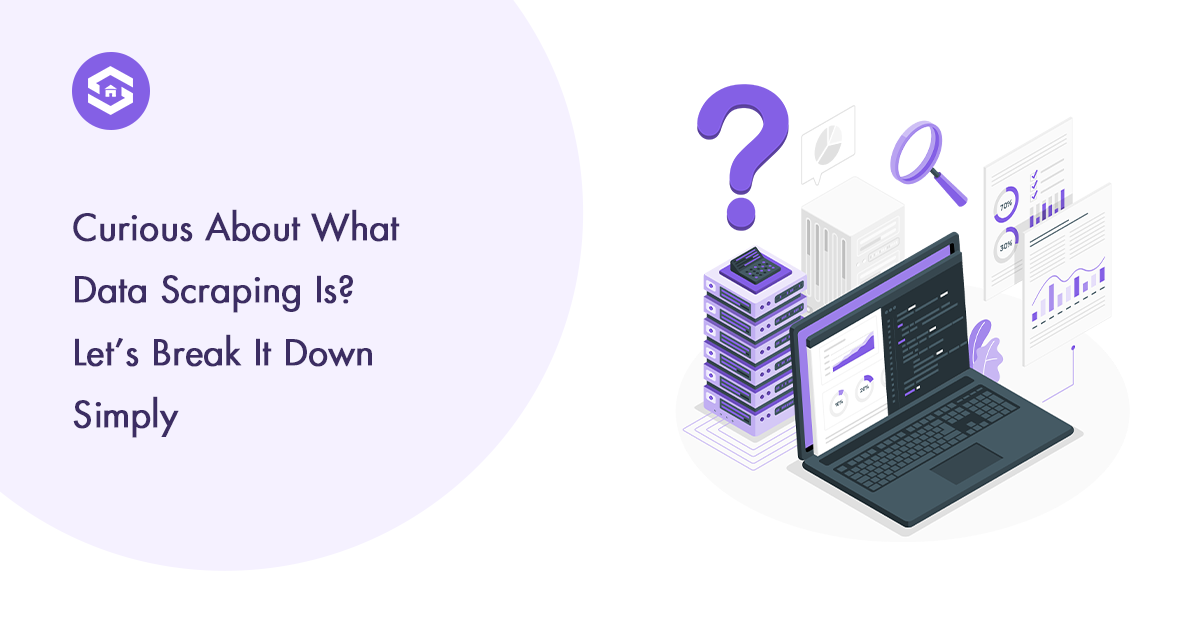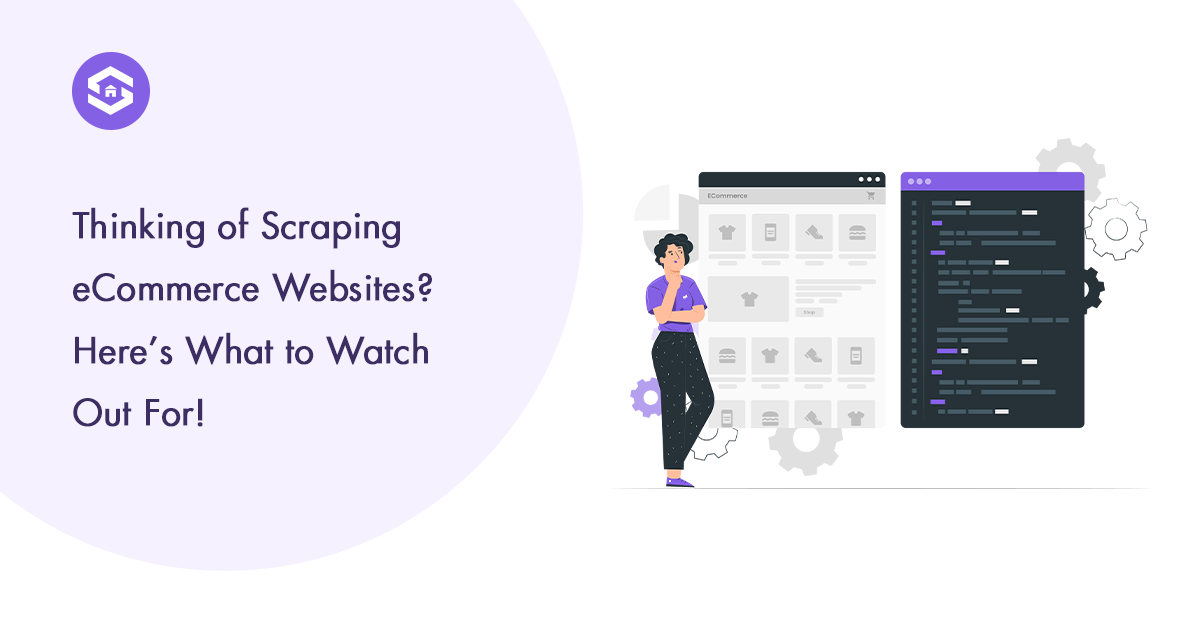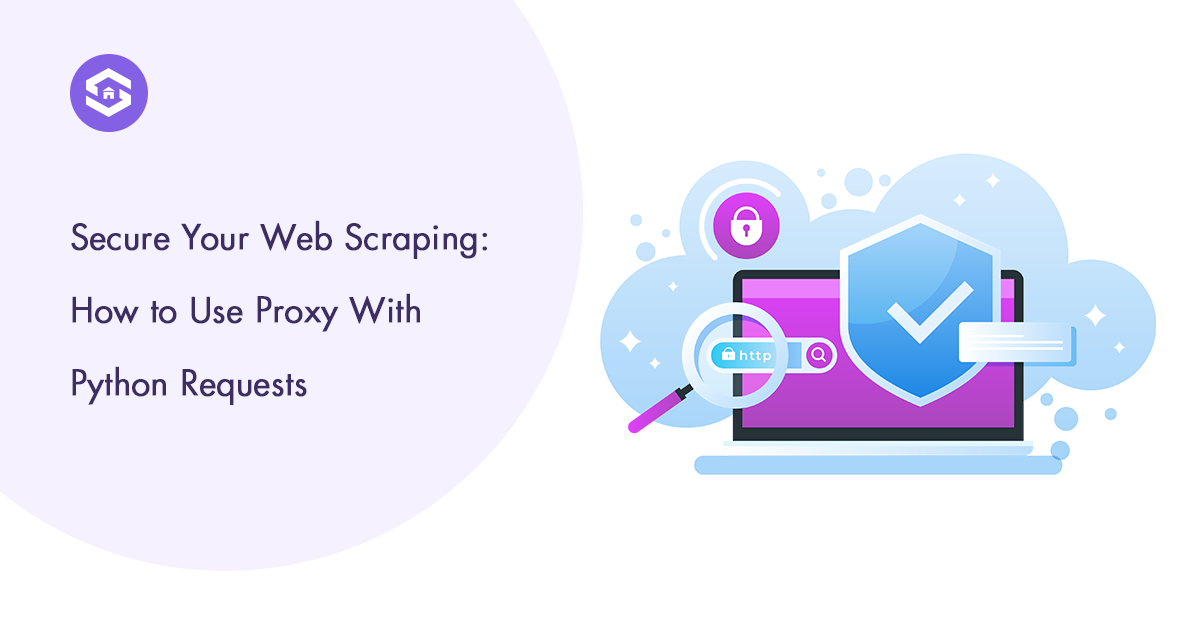Table of Contents
Table of Contents
Nowadays, there is a lot of data on the web, and web scraping is one of the simplest ways to collect it. If you’ve been coding for a while or are thinking about getting started, you may have thought, “Could Java be the right tool for Web Scraping in Java?”
Before you make up your mind, let’s discuss why Java is a good scraping platform and if it is the best fit for your project.
Why Web Scraping in Java Can Be a Powerful Choice
It’s Fast, Especially for Big Projects
If you’re dealing with large-scale scraping, Java is an excellent solution because it runs quickly. Unlike some other languages, Java is compiled, so it can handle large amounts of data without slowing down. Java can keep up without missing a beat if your project requires scraping hundreds of pages.
- Scalability: Java handles huge data scraping projects well. It won’t get bogged down with large volumes of information.
- Efficient Use of Resources: Java’s memory management helps avoid crashes or delays when scraping big websites.
Multithreading Makes Things Quicker
Java also possesses a helpful feature known as multithreading, where you can do several things simultaneously. In web scraping, it means that you can scrape several sites or pages simultaneously instead of waiting for one to complete before proceeding to the next. This makes your scraping process much faster.
- Save Time: Multithreading speeds up scraping by letting you process multiple pages at once.
- Better Performance: Java makes sure that your computer’s resources are used wisely while scraping multiple sites.
Helpful Libraries and Tools
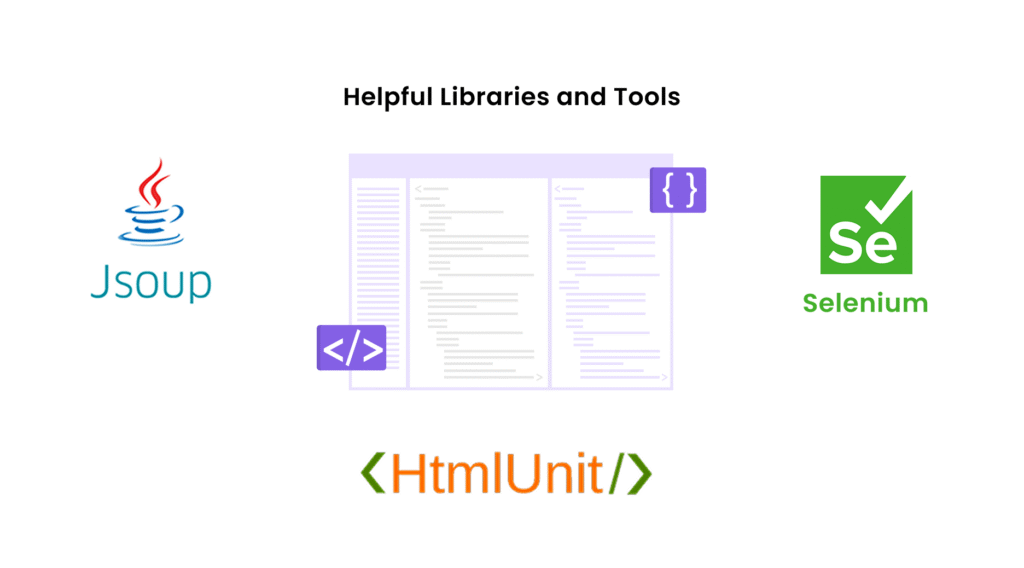
Web Scraping in Java is made easier with a variety of libraries. Some of the most widely used ones are:
- Jsoup: A lightweight, easy-to-use HTML parsing library. If you’re scraping nicely structured, well-formed pages, Jsoup will make it easy for you to get the data.
- HtmlUnit: If you need to scrape websites that use JavaScript (the kind of websites that change as you interact with them), HtmlUnit helps Java handle that.
- Selenium: Normally used for web testing, Selenium also helps you scrape websites that need a browser to show content. Java and Selenium work well together for scraping sites that require interaction.
When Java Might Not Be the Best Choice
Java Can Be Verbose
Java’s syntax can feel a little wordy compared to languages like Python or JavaScript. In Java, even a simple scraping task might require more lines of code. If you want to get something up and running quickly, it could take more time with Java than with a simpler language.
Not So Great with Dynamic Content
Java can handle dynamic content (like JavaScript-rendered pages) with tools like Selenium or HtmlUnit, but these tools can be a bit more complex and slower than other languages. If you need to scrape sites with lots of JavaScript, you might find it easier using Python or Node.js instead.
Memory Use Can Be High
Java is strong but can use much memory at times. It’s possible to hit memory-usage problems with small projects or under-resourced systems. The lightest language around is other resource-friendly ones, such as Python, if resource efficiency is of utmost importance, then this isn’t a great choice.
Java for Large-Scale Scraping Projects
Java is among the finest programs for scraping large amounts of information. It’s ideal for initiatives that can handle thousands of pages, track large amounts of information, or operate over extended periods.
- Performance: Java’s efficiency lets you scrape massive amounts of data without breaking a sweat.
- Concurrency: Java can scrape multiple sites or pages at once, speeding up the entire process.
For example, Java will handle the job smoothly if you need to track thousands of products from various e-commerce websites.
Java vs. Other Languages: Which One Should You Choose?
Java vs. Python: Which One Is Faster?
While Java excels in performance, Python is most widely applied for scraping due to its ease and speed of coding. Python libraries like BeautifulSoup and Scrapy make scraping a breeze, especially for web scraping novices.
If you prefer quick development and simplicity, Python may be a better choice, but Java is better suited for large-scale and performance-based projects.
Java vs. Node.js: When to Choose Each
If you’re thinking about Node.js, it’s also great for scraping, especially for scraping websites with real-time data. Puppeteer is a popular tool with Node.js that helps with dynamic content. However, Java can handle larger, more complex scraping jobs better than Node.js because of its strength in performance and scalability.
So, Should You Use Java for Web Scraping?
The decision depends on your project:
- Go with Java if you’re working on a big project that needs to process tons of data quickly and efficiently. If you need to scrape large numbers of pages or handle heavy data, Java will perform great.
- If you need something quick to set up and easy to work with for smaller projects or are just getting started, use another language such as Python.
Java is a powerful scraping tool, but it may not be the fastest in all scenarios. It is ideally suited for large-scale projects or high-performance requirements.
Java’s Support for Automation in Scraping

Automating Repetitive Tasks
If you have a repetitive scraping task (like monitoring stock prices or news updates from certain websites), automation is key. Java can handle automation very well, thanks to its robust tools and libraries.
- Scheduled Scraping: To scrape data at particular times, you can write scheduled tasks based on Java’s built-in timer or cron jobs. This will be very useful if you would like to auto-run your scrapping tasks.
- Reliable Data Collection: Automation allows you to scrape data from various sources without missing any updates. If you’re tracking something that changes frequently, Java’s scheduling capabilities will keep your data collection running smoothly and on time.
Handling Captchas and Anti-Scraping Mechanisms
Websites often use mechanisms like CAPTCHAs or IP blocking to prevent scraping. While handling these can be tricky, Java offers a few solutions:
- Proxies: You can integrate proxy networks with Java to rotate your IP addresses, avoiding blocks and rate-limiting by websites.
- Captcha Solvers: With third-party services, you can bypass CAPTCHAs and continue scraping without interruptions. Java can integrate with these services smoothly, although this may require some additional setup.
While it’s important to respect website terms of service and scrape responsibly, Java’s flexibility allows you to work around these issues when necessary.
Conclusion: Making the Right Call for Your Project
Web Scraping in Java offers powerful automation, efficient large-scale project management, and fast data extraction. Whether automating regular data collection or handling complex scraping tasks, Java provides the right tools for success.
So, now that we’ve covered performance, scalability, and automation, you have a better understanding of how Java stacks up for your web scraping needs. Whether you’re scraping large amounts of data, setting up automated schedules, or dealing with advanced techniques like handling CAPTCHAs, Java is certainly a strong candidate for your project.

